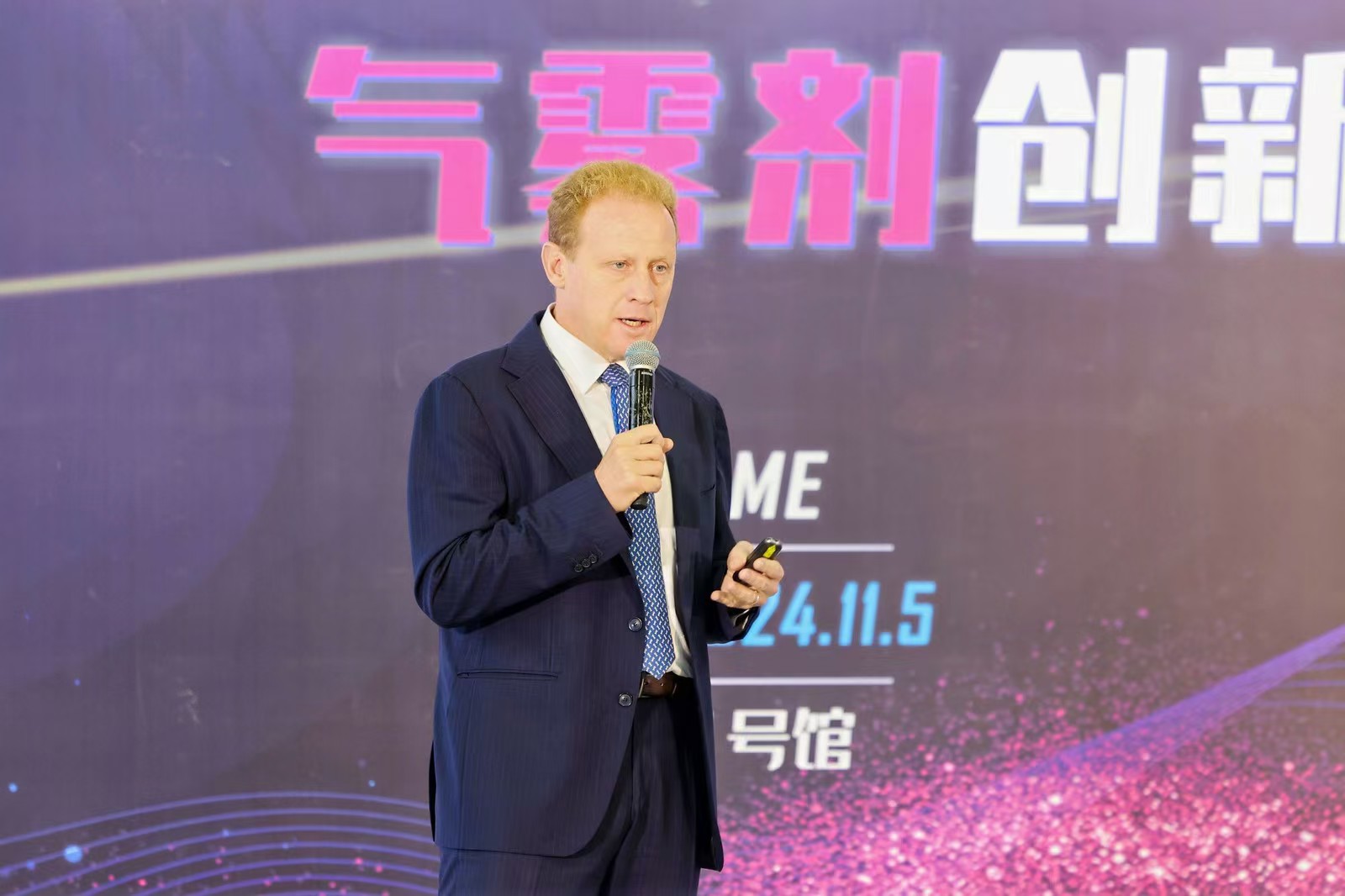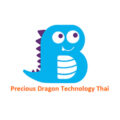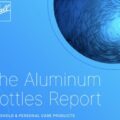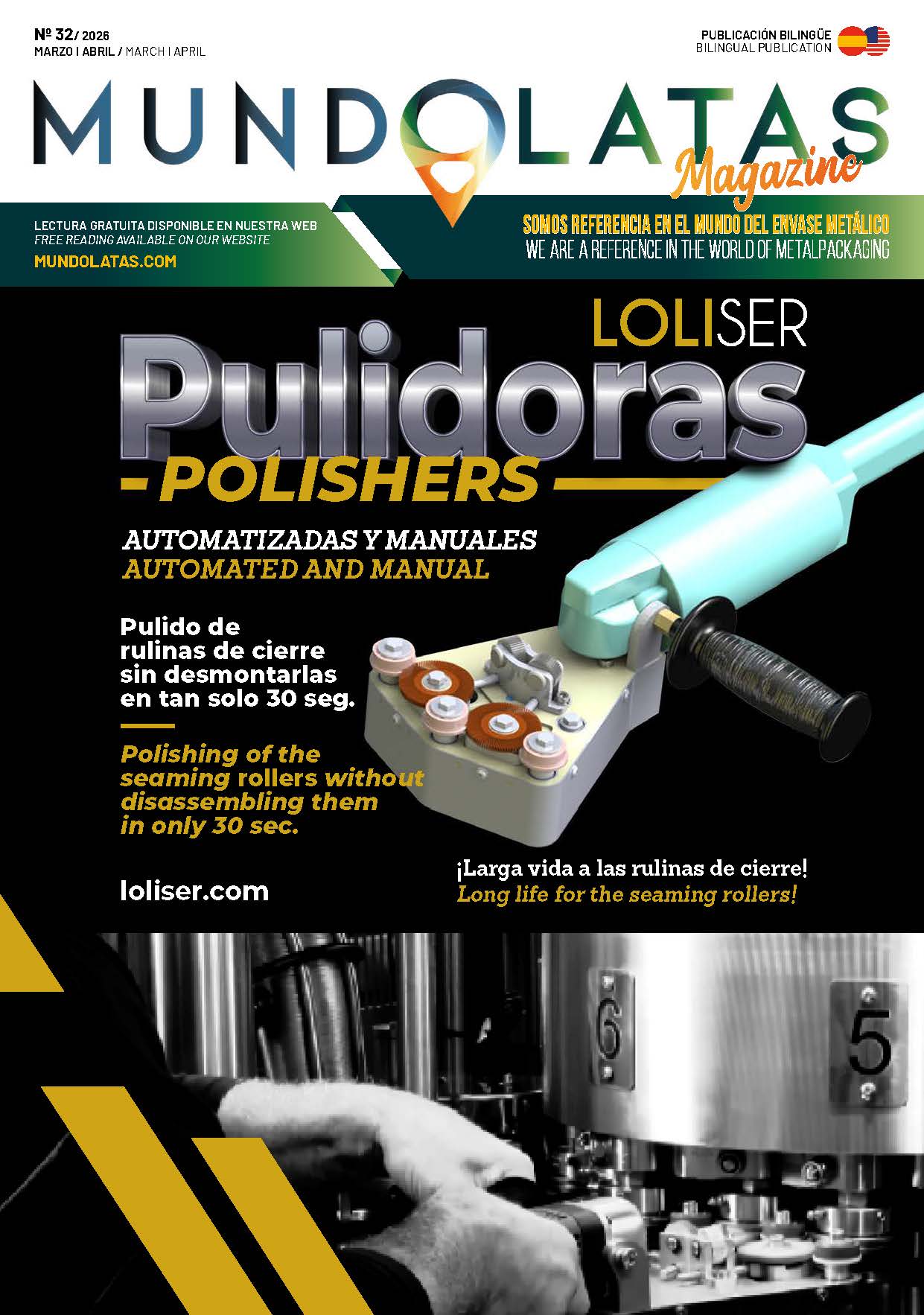Dario Steiner assumes the presidency of FEA fully aware of the challenges posed by a world marked by tariff disputes. Even so, he is confident in the industry’s ability to adapt and overcome obstacles. His goal is to ensure strong representation at European and global level at key moments. Furthermore, it advocates the implementation of fair trade policies and regulatory frameworks that drive innovation and sustainability, while ensuring balanced competition for companies.
How are you approaching your new role as FEA President?
“I am very proud to have been appointed President of FEA for the next two years. FEA is the leading authority on the aerosol industry in Europe and, in this regard, we take a holistic approach based on three key priorities: strengthening collaboration between members and stakeholders, driving sustainability initiatives and ensuring that FEA remains an influential voice in regulatory discussions at European and global level.
Collaboration is essential, not only within Europe, but also internationally. We want to strengthen FEA’s role as a platform for dialogue and knowledge exchange between industry leaders, associations and other key players.
Sustainability is a central focus and our goal is to support the industry in its transition to more circular and environmentally responsible solutions, while maintaining the highest standards of safety and performance.
Finally, we believe it is crucial to maintain a proactive engagement with regulators and legislators. By fostering an open dialogue and providing industry expertise, we can contribute to the creation of a regulatory framework conducive to innovation and sustainable growth.
I look forward to working closely with FEA members and our global partners to drive progress and ensure a strong future for the aerosol industry.”
The international outlook is currently very tense, a situation that has been building up over the last three years but has intensified, with increasingly defensive and aggressive trade policies. How does this situation affect aerosol manufacturers?
“Current geopolitical and trade tensions pose challenges for aerosol manufacturers around the world. The rise of protectionism, the
regulatory frameworks that encourage innovation and sustainability to ensure fair business competition
—
Aerosol sales continue to grow year on year, albeit moderately. Which markets worldwide show the greatest potential for expansion?
“The Asia-Pacific region, with countries such as China, India and Indonesia, offers great opportunities due to rising disposable incomes, increased hygiene awareness and a growing urban population. Demand for personal care sprays (deodorants, dry shampoos) and household sprays (air fresheners, disinfectants) is increasing rapidly.
In Latin America, Brazil and Mexico lead the region with strong interest in home and personal care aerosol products. The growth of the middle class and increased awareness of hygiene and convenience are driving demand.
The personal care sector, especially deodorants and fragrance sprays, is experiencing significant growth in Gulf countries such as Saudi Arabia and the United Arab Emirates, where toiletries are very popular. In addition, increasing urbanization in Africa and the expansion of retail trade are creating new market opportunities.
In Eastern Europe, countries such as Poland present opportunities for aerosol sales, especially in personal care and household cleaning products. The region has a well-developed manufacturing base and growing consumer demand.”
Aluminum aerosols are mainly used in personal care and household cleaning products. In what other areas could the benefits of this lightweight, easy-to-use packaging be exploited?
“The aluminum aerosol canister is durable, lightweight and easy to use, making it a valuable option beyond personal care and household cleaning.
In the pharmaceutical industry, it ensures sterile dispensing for wound care sprays, aerosol analgesics and inhalers.
In the food and beverage industry, it is used in cooking sprays, whipped cream and flavor enhancers, offering a longer shelf life.
Industrial and automotive products, such as lubricants and antioxidants, are easier to apply in aluminum aerosol format.
In pet care, products such as grooming sprays and flea repellents benefit from their convenience and long shelf life.
Textile and fabric products, such as fabric fresheners and waterproofing sprays, achieve better application and coverage.
The recyclability of aluminum makes it an environmentally friendly option for sustainable packaging solutions. Its durability protects products from contamination, ensuring quality and safety. In addition, its light weight reduces transportation costs and improves portability. Thanks to its versatility, aluminum aerosol packaging has great potential for growth in multiple industries.”
Recyclability and sustainability issues are key issues for the metal packaging industry. What specific initiatives is FEA undertaking in this regard?
“In the EU, recyclability implies compliance with the Packaging and Packaging Waste Regulation. However, performance criteria and ratings are still under development.
FEA participates in the various groups of the European Committee for Standardization (CEN) working on the Design for Recycling of all packaging materials. This is a huge task with very tight deadlines, so the work is intense.”
Are there any projects or collaborations that the federation will be working on in the coming months that you can share with us?
“FEA is continually working on initiatives that support the growth, sustainability and regulatory alignment of the aerosol industry.
In the coming months, we will focus on strengthening collaboration with industry stakeholders, advancing discussions on sustainability and circularity, and ensuring that our industry is well represented in regulatory dialogues at both the European and global levels.”
What emerging trends in the packaging industry do you see as most relevant to FEA?
“A strong focus on weight reduction while maintaining package integrity, the use of recyclable materials and minimalist designs. Refillable packaging should also be explored.
Digitization and smart packaging are gaining ground, offering new opportunities for traceability, consumer interaction and improved efficiency in production and distribution.
FEA closely follows these trends and works with its industry partners to drive innovation, ensure regulatory alignment and help our members meet these evolving challenges.”
What should packaging producers focus on to achieve positive growth in the coming years?
“To achieve sustained growth, packaging producers must focus on sustainability, prioritizing recyclable components to meet both consumer demand and regulatory requirements.
They must also optimize production processes to reduce costs and improve supply chain resilience, as well as offer customized packaging solutions that respond to diverse consumer preferences and foster brand loyalty.”











0 Comments